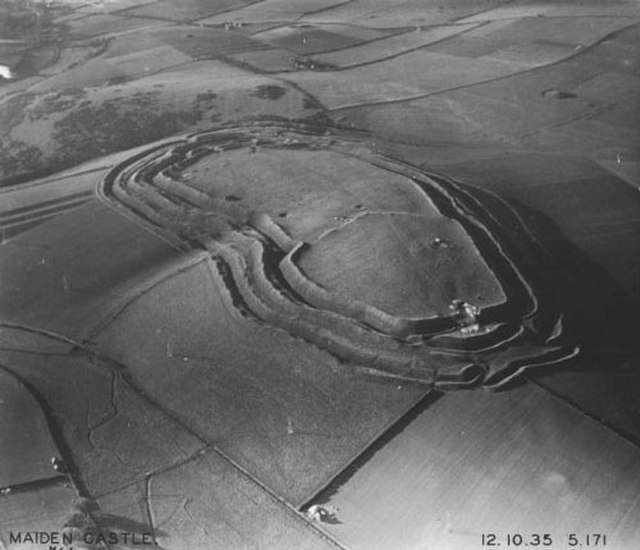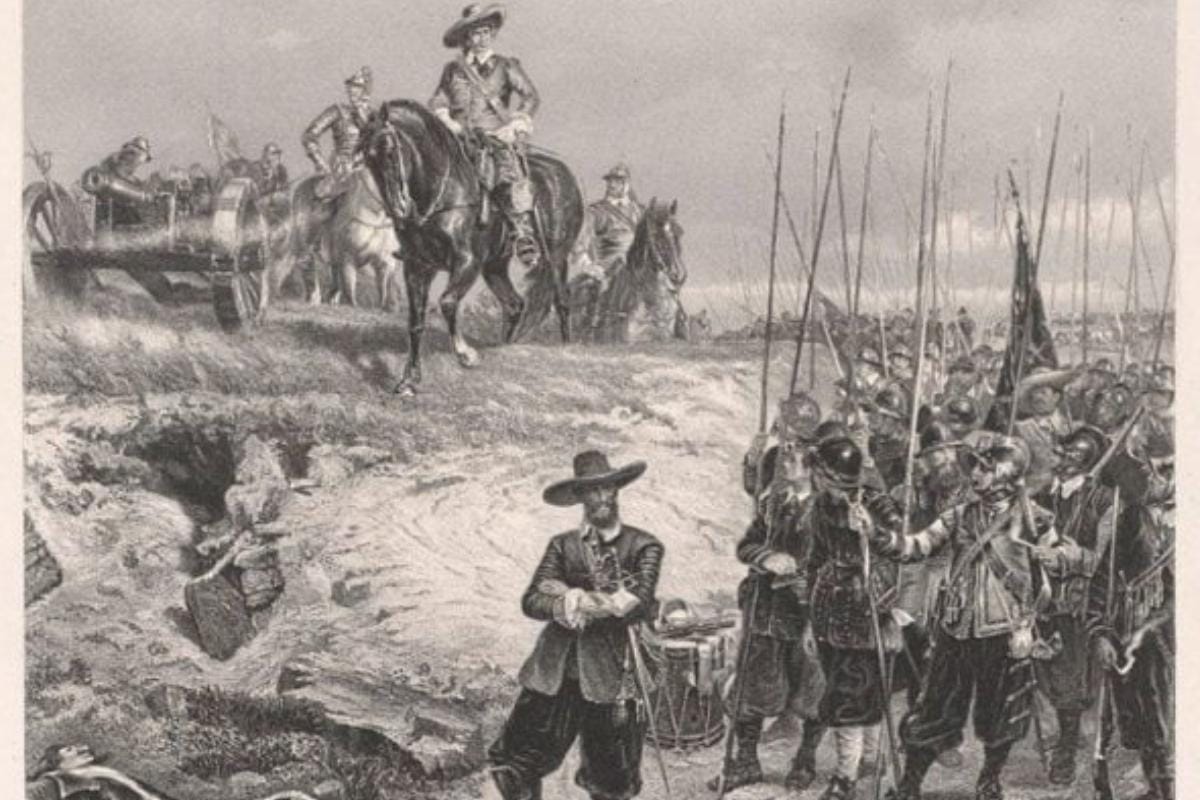In January, Nature magazine published an interesting study about Iron Age Britain.
Having done in-depth DNA testing at several sites, they had discovered significant evidence of matrilocality – that is to say, settlements where the husbands moved in with their wives’ families.
In addition, they provide evidence from these settlements that women were often buried with the same or more prestige than men.
Historic accounts
The article argued that this backed up Roman accounts of the family structure in Celtic societies across Britain and Europe, including those of the Roman general Caesar and Tacitus, a Roman historian.
These accounts – often dismissed by modern archaeologists and historians as ‘propaganda’ – attested that women in these societies had an elevated status. They were respected and treated far better than their Roman counterparts, although still not completely equally.
Tacitus also spoke of matrilineal descent in Germany, where hostages would be taken from the leader’s sister’s family rather than his own children.
Origins of the family
This section of Tacitus’ writings formed the basis of Engels’s chapter on the Germans in his masterpiece The Origin of the Family, Private Property and the State.
Here, Engels explained, far ahead of his time and contrary to all common belief, that the oppression of women was not natural or eternal, but arose due to the development of class society.
He argued that matrilineal descent (traced through the mother’s line) predated patrilineal descent. It would have been much more practical for most early societies, where you did not need to guarantee that children were legitimate for the purpose of inheritance.
This recent study in Nature echoes this idea that material conditions largely determine cultural traditions around the family. The authors don’t assert that Iron Age Britain was never patrilocal or patrilineal; in fact, the Bronze Age societies that predated the Iron Age did tend towards patrilocality.
However, as the study points out, in groups where men were often away at war and wealth was more based on land than livestock, it made sense for them to be matrilineal and for women to have had a comparatively more free existence.
Whose propaganda?
Family structures, we see, aren’t set in stone. They can and did change, develop, and even move between patrilineality and matrilineality.
This completely backs up Engels’ argument; these societies reflected how they existed at a point of transition, when the old communist societies had been destroyed, but fully fledged class societies had not developed.
Two of the earliest recorded leaders in Iron Age Britain were women: Boudicea and Cartimandua. Tacitus even writes that Cartimandua was free to divorce her husband to marry a commoner.
And despite this, the prevailing wisdom has always assumed that women in Iron Age Britain were exclusively considered the possessions of men.
With this new evidence in mind, could we not argue that it’s modern bourgeois historians, not just Caesar and Tacitus, who have been circulating propaganda?






